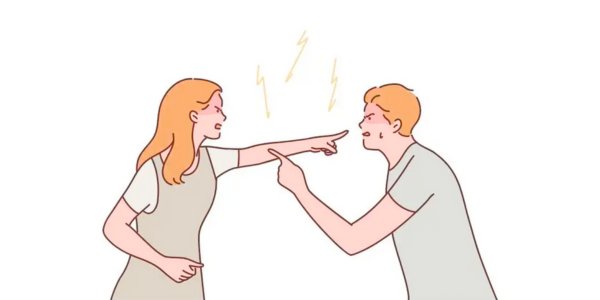Yellow Flag
Yellow Flags in Relationships: Subtle Signs You Shouldn’t Ignore
In modern relationship psychology, the term “yellow flag” refers to a warning sign—something that isn’t an immediate deal-breaker but suggests potential issues ahead. Unlike red flags, which indicate serious problems like abuse or manipulation, yellow flags are early indicators that a relationship might need attention, communication, or boundaries.
These flags can appear in small ways—hesitation to communicate, emotional distance, or lack of effort. They don’t mean a relationship is doomed, but they signal that something isn’t quite aligned. Understanding yellow flags early helps couples address patterns before they grow into deeper conflicts.
Emotional Awareness and Self-Reflection
Yellow flags are often rooted in emotional imbalance or unmet needs. For example, a partner who avoids discussing feelings may not be toxic—but over time, that lack of openness can create disconnection. Recognizing these signs requires both empathy and honesty.
In a healthy relationship, partners are willing to address discomfort and talk through differences. Seeing a yellow flag is an invitation to pause and reflect, not to panic. It’s about communication, not confrontation. The goal is understanding why the issue exists and whether both partners are willing to improve.
When handled with maturity, yellow flags can become opportunities for growth rather than warning signals of collapse.
FAQ
What does the yellow flag mean in a relationship?
A yellow flag indicates potential issues that require attention—like lack of communication or emotional distance. It’s not a breakup sign but a signal to address problems early.
What does a yellow flag mean in a person?
It can reflect traits such as emotional unavailability, inconsistency, or avoidance. These don’t make someone bad but suggest the need for self-awareness and growth.
Can you fix a relationship with yellow flags?
Yes, if both partners communicate openly and work on change. Addressing concerns early builds trust and prevents small issues from becoming serious problems.
How do you know if your relationship is truly over?
If repeated efforts to rebuild trust or communicate fail—and emotional connection feels absent—it may signal that the relationship has reached its end.
Should you ignore yellow flags?
No. Ignoring yellow flags allows tension to grow. Acknowledging them helps both partners reflect and realign before serious damage occurs.
What are signs the spark is gone?
Signs include emotional detachment, lack of intimacy, or routine replacing connection. If the spark fades without effort to revive it, the relationship may be stagnating.
















